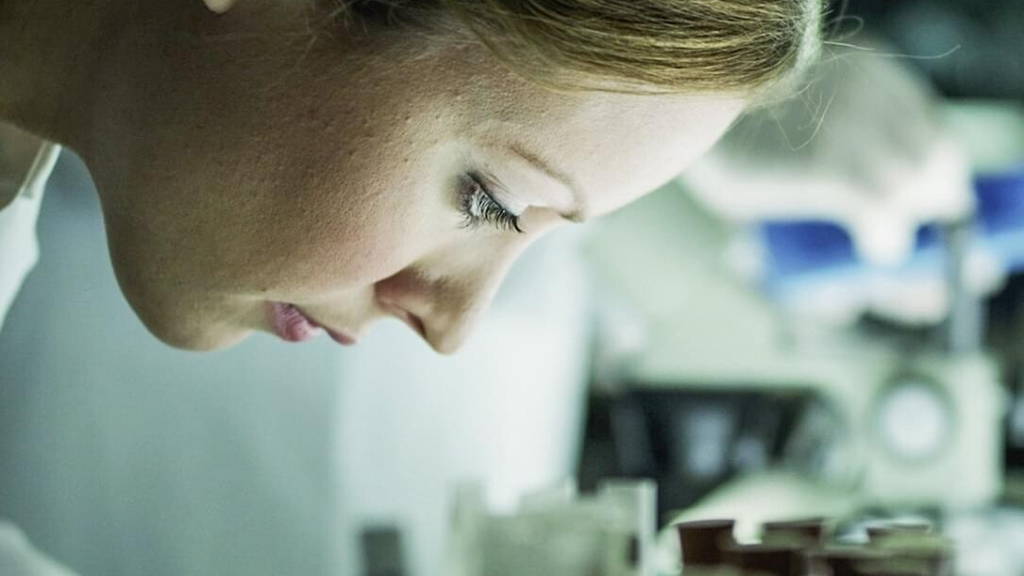Just like patients, cancers mutations all differ from one another. Precision medicine could make a huge difference in this regard: it makes it possible to find patient-specific —and thus, tumour specific— treatments and therapies. It however remains challenging for most clinicians to deliver on the promise of precision medicine, since it requires specialized expertise and a time-consuming interpretation of massive amounts of data. The new service may speed things up: it can quickly uncover highly personalized cancer treatment options—including options that previously may have remained unidentified.
Watson will then compare the data against its clinical, scientific and pharmacological databases and rules created by leading oncologists. It will search for potential treatment options, targeted therapies and clinical trials, that match the patient’s individual tumour mutations. A Quest pathologist will review and validate the results and prepare a report to send back to the treating physician.
The databases must be routinely updated to account for rapidly evolving scientific discoveries, available drug therapies and appropriate clinical trials, especially for patients for whom no therapy is indicated. These patients could, thanks to the new service, potentially benefit from the world’s growing body of knowledge about this disease.
The launch marks the first time that Watson for Genomics has been made widely available to patients and physicians across the country. Quest Diagnostics now extends these capabilities to thousands of the country’s oncologists, who provide an estimated 70 percent of cancer care in the United States. The Broad Institute of MIT and Harvard will provide additional genome sequencing capabilities as part of the collaboration.
Patient-specific treatment
To start the process, the treating oncologist or other physician will send a patient’s tumour biopsy tissue to Quest Diagnostics. Here, pathologists will prepare the tissue sample for genomic sequencing. Scientists at Quest will then sequence the genes, using sequencing technologies. They will feed the resulting genetic file, in which mutations are reveal, into Watson.Watson will then compare the data against its clinical, scientific and pharmacological databases and rules created by leading oncologists. It will search for potential treatment options, targeted therapies and clinical trials, that match the patient’s individual tumour mutations. A Quest pathologist will review and validate the results and prepare a report to send back to the treating physician.
Comparing literature
Watson for Genomics ingests approximately 10,000 scientific articles and 100 new clinical trials every month. MSK will provide Watson with the knowledge from OncoKB (http://oncokb.org/#/). Comparison of literature that may take medical experts weeks to prepare can now be completed in significantly less time.The databases must be routinely updated to account for rapidly evolving scientific discoveries, available drug therapies and appropriate clinical trials, especially for patients for whom no therapy is indicated. These patients could, thanks to the new service, potentially benefit from the world’s growing body of knowledge about this disease.
The launch marks the first time that Watson for Genomics has been made widely available to patients and physicians across the country. Quest Diagnostics now extends these capabilities to thousands of the country’s oncologists, who provide an estimated 70 percent of cancer care in the United States. The Broad Institute of MIT and Harvard will provide additional genome sequencing capabilities as part of the collaboration.






